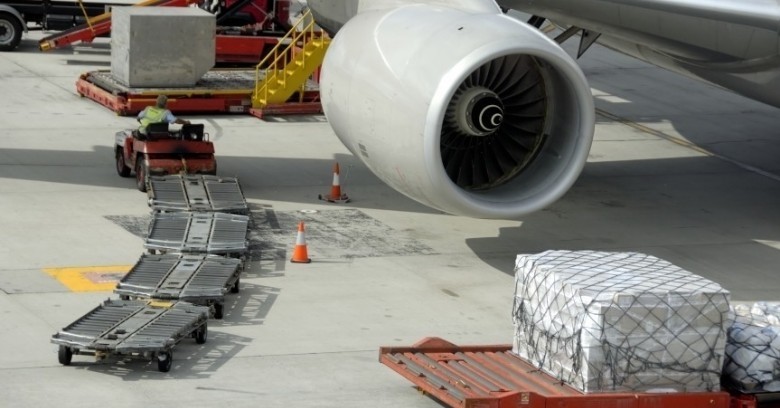Asia Pacific carriers see slight increase in cargo volume in March: IATA
May 03, 2018: Asia-Pacific carriers have seen FTK (freight tonne kilometers) growth of just 0.7 percent compared to the same period a year ago, according to the latest traffic results released by industry body International Air Transport Association (IATA). The slow growth is due to the fall of export orders in Japan and Korea in the recent months

May 03, 2018: Asia-Pacific carriers have seen FTK (freight tonne kilometres) growth of just 0.7 percent compared to the same period a year ago, according to the latest traffic results released by industry body International Air Transport Association (IATA).
The slow growth is due to the fall of export orders in Japan and Korea in the recent months. Also, the region remains particularly exposed to the impact of protectionist measures.
However, global air freight demand, measured in FTKs, increased 1.7 percent in March 2018, compared to the same period the year before. This was five percentage points lower than the February result.
The industry body mentioned that this was the slowest pace of growth in 22 months.
The year-on-year increase in capacity, measured in available freight tonne kilometres (AFTK) fell to 4.4 percent compared to 6.3 percent in February. This was the first time in 20 months, however, that annual capacity rose faster than demand.
Amongst all the regions, only Latin America posted the strongest growth. This is because of the recovery in Brazilian economy over the past 18 months.
"It’s normal that growth slows at the end of a restocking cycle. That clearly has happened. Looking ahead we remain optimistic that air cargo demand will grow by 4-5 percent this year. But there are obviously some headwinds. Oil prices have risen strongly, and economic growth is patchy. The biggest damage could be political. The implementation of protectionist measures would be an own-goal for all involved—especially the US and China," said Alexandre de Juniac, IATA’s director general and CEO.



